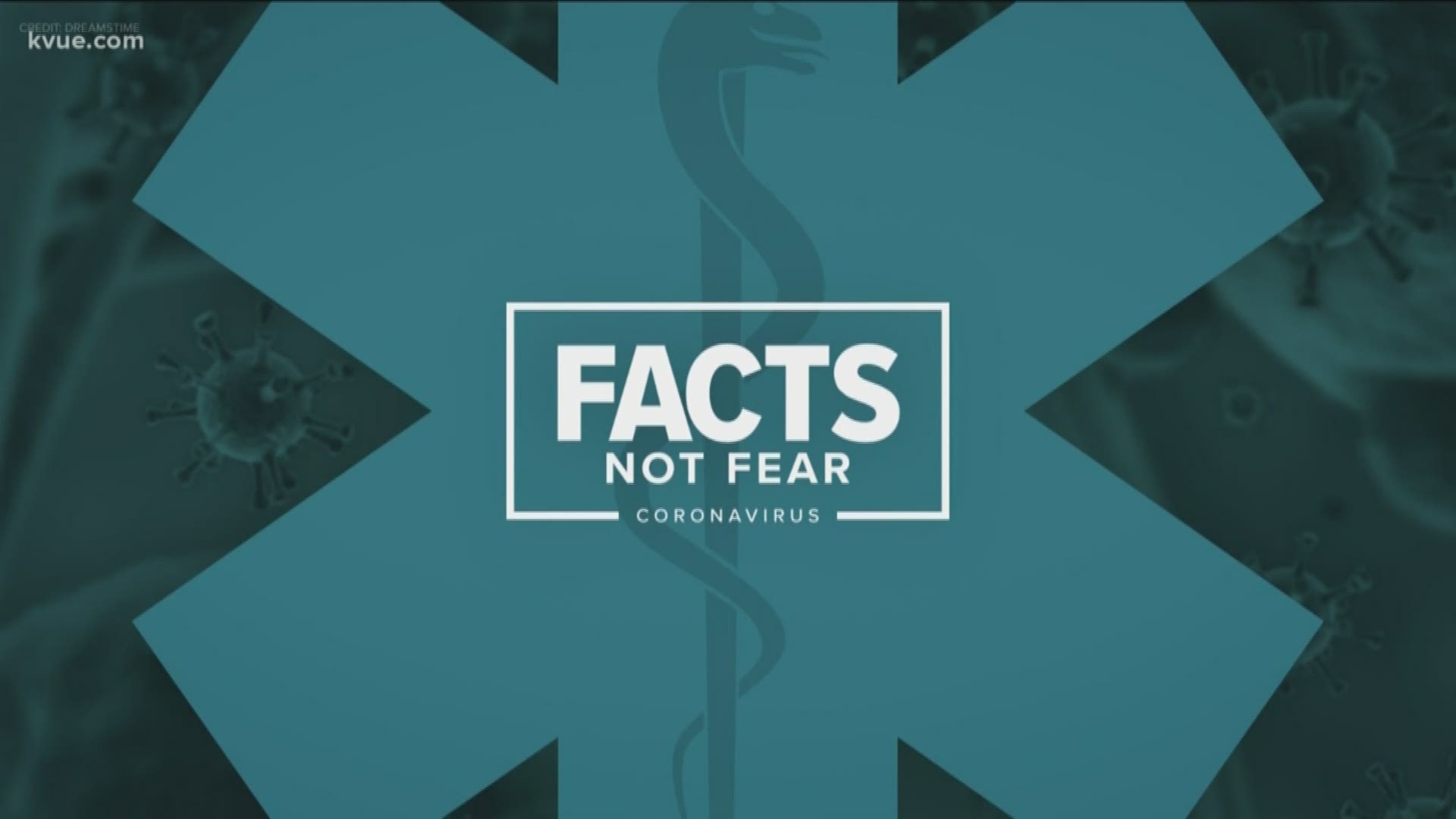AUSTIN, Texas — “People are coming in much more concerned for lower symptoms," Dr. Natasha Kathuria, MD MPH from Austin Emergency Center, said.
Doctors across Austin are seeing more patients every day with concerns over COVID-19, or coronavirus. Many say they have symptoms of the virus, but doctors will not run coronavirus tests for them, as symptoms manifest very similar to the flu.
"Based on the department of health, we know how many tests are available, if we’re running out, if they don’t want us to test for any reason," Kathuria said.
"The State health department, the County health department are the ones who administer the test," Dr. Jay Zdunek, the chief medical officer at Austin Regional Clinic, said. "There's not really a reason to do a test on everybody, so they're the ones who decide who's getting a test and who's not getting a test. We can swab you, we send it off, but it doesn’t mean it gets run.”
RELATED:
According to Kathuria, patients who arrive at the ER with symptoms are walked through a particular process, starting with asking if they have traveled internationally recently. If that's the case and the patient is showing symptoms of the virus, the doctor will put a mask on the patient and separate them from other people. At that time, the doctor may recommend a COVID-19 test.
“If they don’t meet any of those criteria, then we bring them back, do their vital signs, then our first assumption is that it’s not coronavirus," Kathuria said. "It’s more likely influenza, it’s more likely the common cold, it’s more likely any of the other viruses that are out there.”
Zdunek added people's reaction have gone too far, calling it confusion and panic.
“People need to stop and realize that common things are common," Zdunek said. “If you think about Austin right now, what are we really seeing? We’re still seeing 500 flu cases a week. That’s common. Second thing we’re seeing is a lot of oak allergies starting to come out – you look around, every tree is blossoming.”
Zdunek argues if people are sniffling or have an upper respiratory cough, then it's not coronavirus. However, he does warn people to have good hand hygiene.
“This is not a true airborne disease," Zdunek said. "It’s not like hanging around the air where you’re going to contract it. It’s from droplets that get coughed or sneezed, get on the surface and people are touching the surface then contaminating themselves.”
RELATED:
Kathuria said she's seeing additional patients because of the fear of getting sick.
“We’re seeing more people come in even having anxiety attacks from this," Kathuria said. "It’s a little bit mind-blowing, but the fear is very real and that’s something we don’t want. We don’t want the public just panicking and coming to the ER trying to get masks.”
Both Kathuria and Zdunek recommend if a person is feeling sick, call his or her primary care doctor.
“If they’re feeling those symptoms and they call in, and they don’t sound very sick, we tell them, take your temperature," Kathuria said. “Stay home, self-quarantine yourself as much as you can, and just rest. Sleep is actually very important. It really helps the immune system. Stay hydrated and get better.”
PEOPLE ARE ALSO READING:

